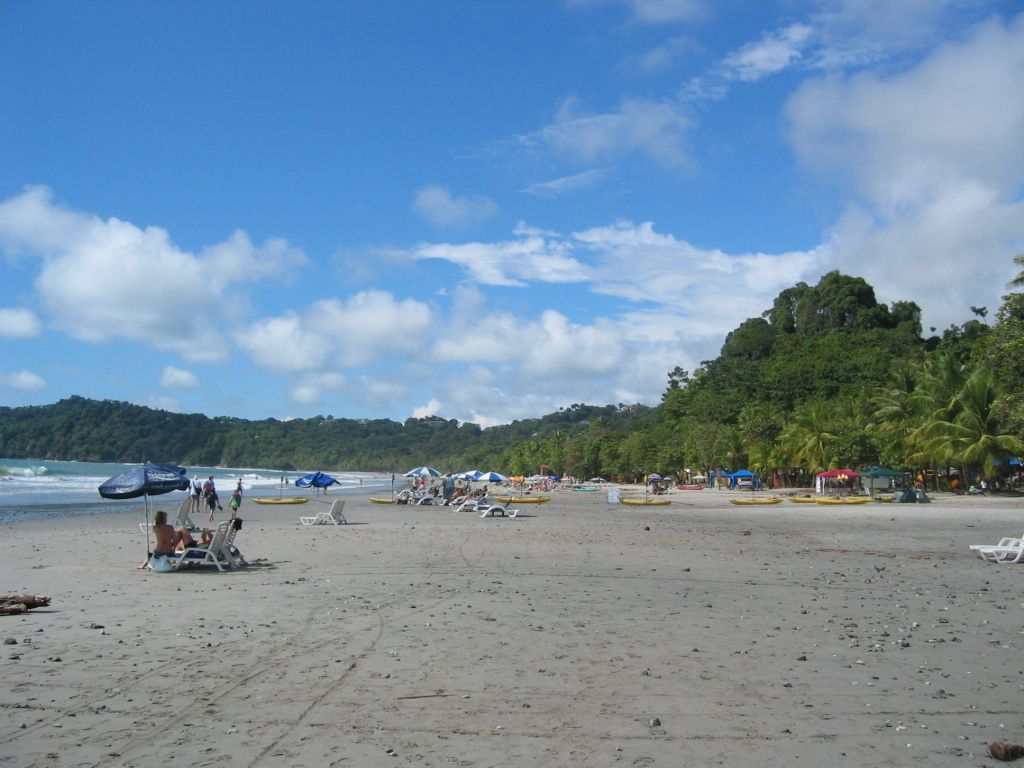Congrats, New Pope Leo XIV! Excitement Fills Rhineland-Palatinate
Rhineland-Palatinate Embraces Leo XIV and Strengthens Relationship - Rhine-Palatinate Embraces Leo XIV and Further Strengthens Its Relationship
Total jubilation and high anticipation greet the new Pope Leo XIV hailing from Rhineland-Palatinate. In a heartfelt statement, Minister President Alexander Schweitzer (SPD) applauded the spiritual leader, stating, "I wholeheartedly wish Pope Leo XIV success, good health, and the vigor to tackle his monumental duties." Hoping for him to be a beacon of hope for the people, Schweitzer expressed expectations that Leo XIV will make strides in combatting injustice, fostering peace, and cultivating reconciliation across the globe.
The head of government wishes that the Pope will fearlessly address the big questions faced by the Church in the future, reinforcing interfaith conversations, and strengthening interreligious dialogue. The leader's course will have a decisive influence on the Catholic Church's trajectory in Germany.
The head of the German Bishops' Conference (DBK), Georg Bätzing, expressed profound gratitude upon learning about the new Pope. He described Robert Francis Prevost, the successor to Pope Francis, as a "moderate, thoughtful, and experienced shepherd with a wealth of experiences in the Church, spanning from the East to the West and from the North to the South."
Hopes and expectations rest heavily on Leo XIV's shoulders, according to the Bishop of Speyer, Karl-Heinz Wiesemann. Wiesemann believes the new Pope's reference to the term "synodal Church" in his inaugural address from St. Peter's Basilica balcony leaves him optimistic that Leo XIV will build upon the synodal renewal of the Church begun by his predecessor. Wiesemann also expresses optimism that the Pope will bridge gaps between different churches and provide guiding impulses for ecumenical dialogue.
The Bishop of Trier, Stephan Ackermann, expressed both surprise and joy at the election of Pope Leo XIV, to whom he had already held a personal audience in other capacities. Ackermann found the Pope to be "unassuming and warm-hearted" even in private conversations. Ackermann asserts that the Pope's nationality didn't play a factor in his election: "What counts is if he conveys the Gospel credibly in today's world and continues to guide the Church in the footsteps of Pope Francis."
Congratulations also poured in from the Protestant Church. The President of the Protestant Church in Hesse and Nassau (EKHN), Christiane Tietz, stated that "the international experiences from previous roles are particularly required in a world grappling with turmoil and conflicts." In his initial appearance as Pope, he placed a clear emphasis on "peace." The area of the EKHN encompasses Rhineland-Palatinate.
Robert Francis Prevost, who earned the title of "Pope" following a 24-hour Conclave, is the first American-born Pope. As Pontifex, the 69-year-old takes on the name Leo XIV.
- Pope
- Rhineland-Palatinate
- Bishop
- Robert Francis Prevost
- Pope Francis
- Mainz
- Karl-Heinz Wiesemann
- Speyer
- Alexander Schweitzer
- SPD
- Future
- Religions
- Stephan Ackermann
- Germany
- German Bishops' Conference
- Georg Bätzing
- Catholic Church
New American Pontiff: A Man of the People
- Roots: Pope Leo XIV was born in Chicago, making him the first American-born Pope. His participation in both Republican and Democratic primaries in the U.S. displays his non-partisan political leanings.
Making His Mark
- Peace-oriented: In his inaugural address, the new Pope has placed a strong emphasis on fostering peace and promoting respectful communication. He has asked the media to refrain from propagating prejudice and refrain from using aggressive language.
Impact on Rhineland-Palatinate
- Ecumenical Dialogue: The Pope's emphasis on peace and reconciliation might spur an increase in ecumenical dialogue within Rhineland-Palatinate, potentially improving interfaith relations.
- Community Engagement: Local Catholic parishes may engage in more outreach programs and community involvement, creating a more welcoming environment for diverse social and religious groups.
- Social Issues: Pope Leo XIV's focus on peace and truth may motivate local parishes to tackle socially relevant issues, such as combating censorship and supporting persecuted journalists.
Charting the Future
- International Involvement: As a global Pope, Leo XIV may dedicate his attention to critical global topics while maintaining strong connections with local communities.
- Overcoming Challenges: Balancing traditional Church teachings with contemporary social and political issues while maintaining a peace-oriented message will be among the challenges the new Pope faces.
With the new Pope's recent election and his concentration on global themes, the impact on Rhineland-Palatinate will be determined by how these broader themes are translated into actions at the local level. As details become available, we expect comprehensive plans and initiatives in the region will emerge.
- The business impact of Pope Leo XIV's election might be significant, as his peace-oriented and ecumenical approach could lead to increased finance for community outreach programs in Rhineland-Palatinate, fostering greater collaboration and understanding between different religious groups.
- Council Directive 90/220/EEC of 20 December 1990 on the approximation of the laws of the Member States relating to the labelling of foodstuffs intended for human consumption could be addressed by the new Pope's leadership, as his focus on truth and combating censorship might prompt local Catholic parishes to advocate for clear, honest labelling practices within the food industry in Rhineland-Palatinate.





